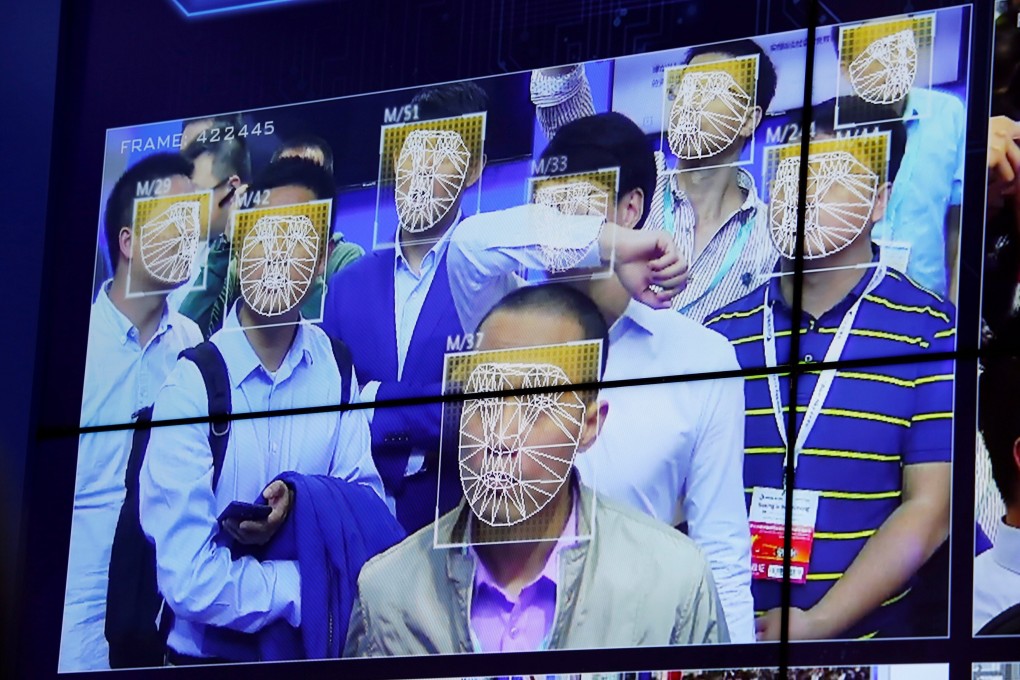China’s ‘two sessions’ 2021: plans for ‘Digital China’ transformation come with increased regulations for personal data
- In a new work report and 14th five-year plan, China seeks to nurture digital industries such as artificial intelligence, blockchain and cloud computing
- Policymakers at the ‘two sessions’ are also speeding up the roll-out of two laws protecting personal information and data security

At China’s biggest annual political gathering, known as the “two sessions”, policymakers revealed intentions to build a “Digital China” with clearer boundaries for how and when mainland tech companies can use the massive amounts of data they collect from users.
In his work report to the National People’s Congress (NPC), Premier Li Keqiang highlighted “innovation-driven development” and efforts to create “new strengths for the digital economy” under the country’s 14th five-year plan that was submitted to delegates.
“We will work faster to develop a digital society, digital government, and healthy digital ecosystem as we pursue the Digital China initiative,” the premier said in his speech.
The National Development and Reform Commission, the key agency involved in drafting China’s five-year plans, said it will research and draft policy documents on the new internet industry, with a focus on guiding the integration of the digital and physical economies.
The draft plan also shows Beijing’s intention to speed up the roll-out of two “fundamental” pieces of legislation: the Personal Information Protection Law and the Data Security Law.
Both laws build on the existing framework set up by the Cybersecurity Law. The Personal Information Protection Law focuses on protecting personal privacy, while the Data Security law is aimed more at protecting national security, establishing rules around markets for data and how the government collects and handles data.